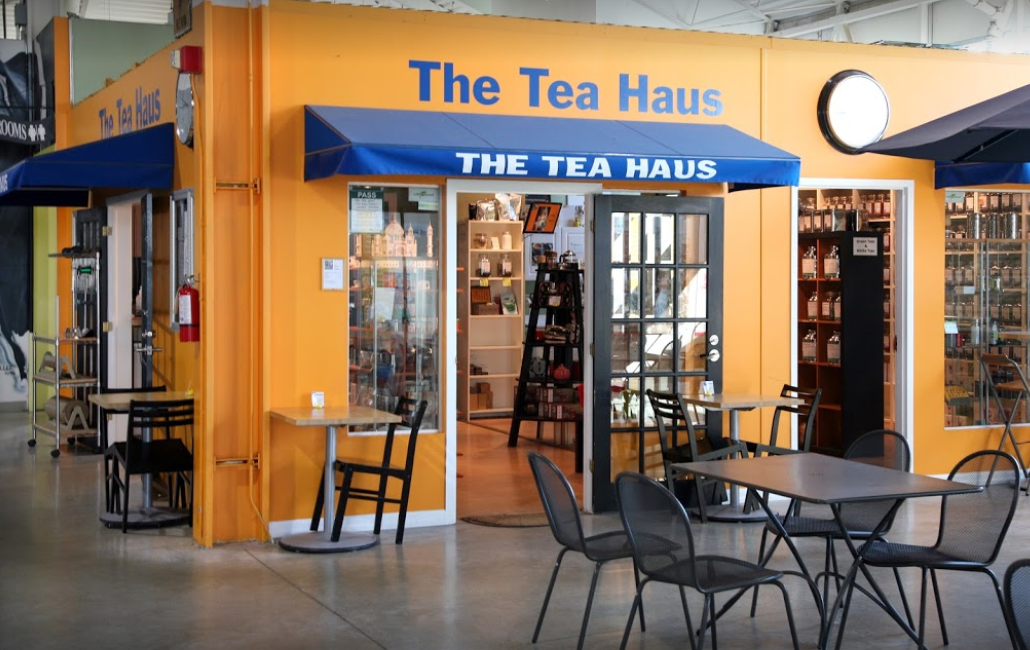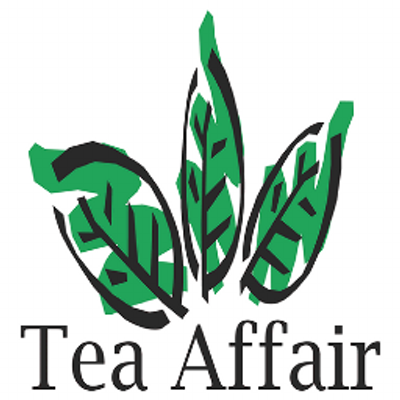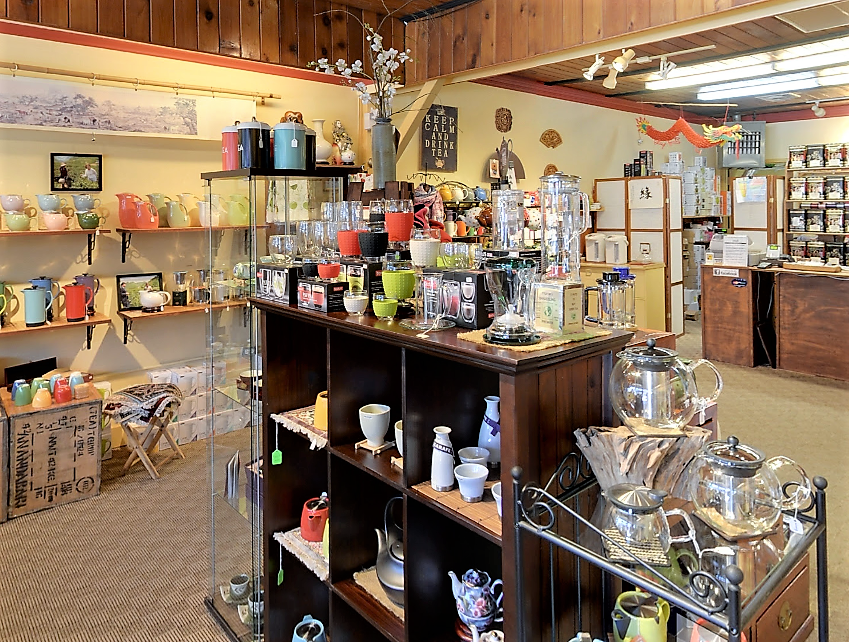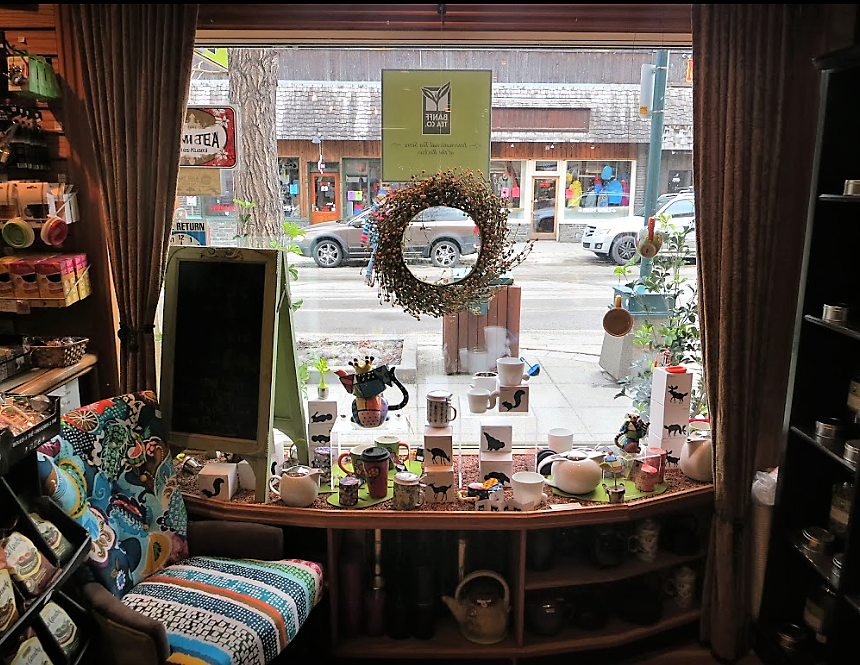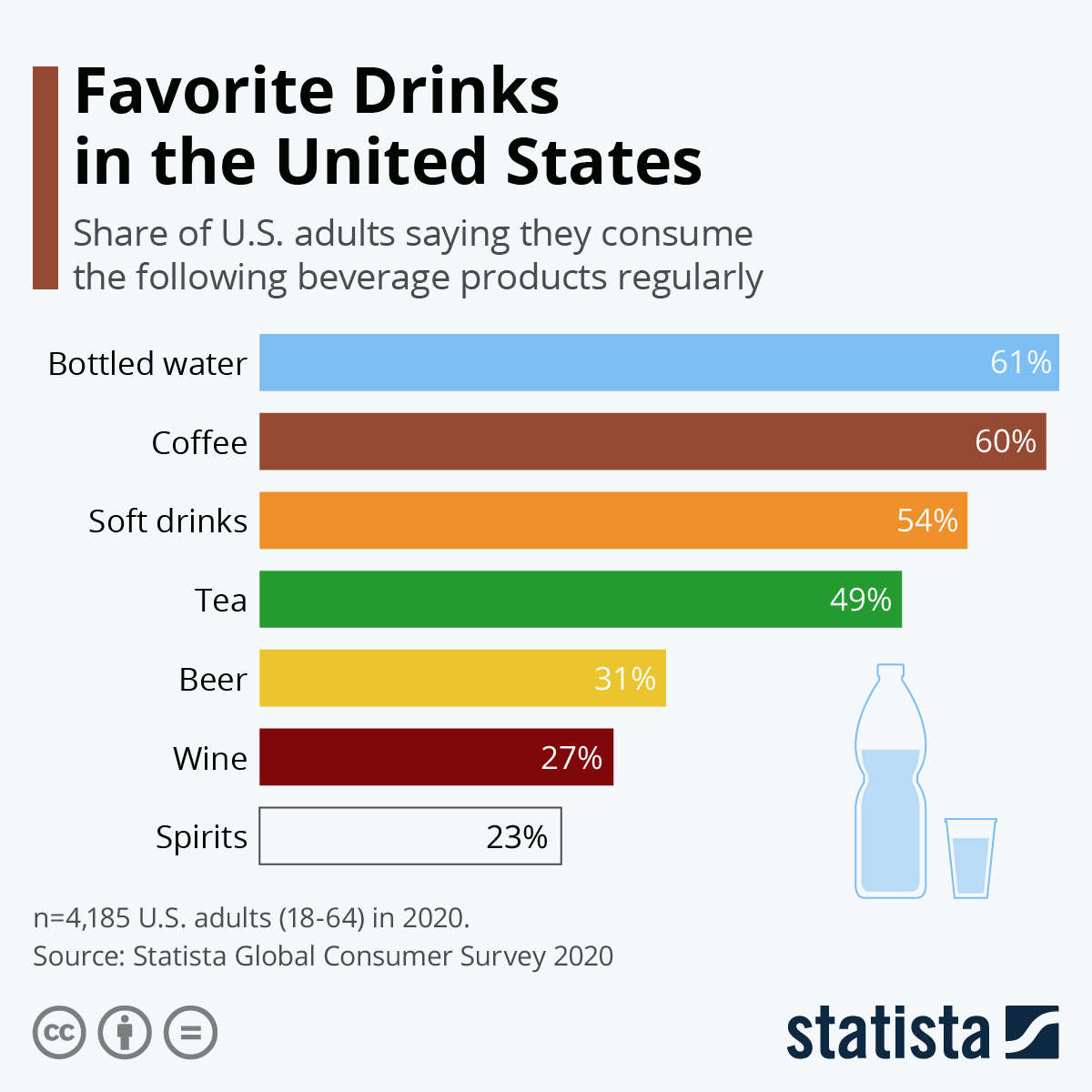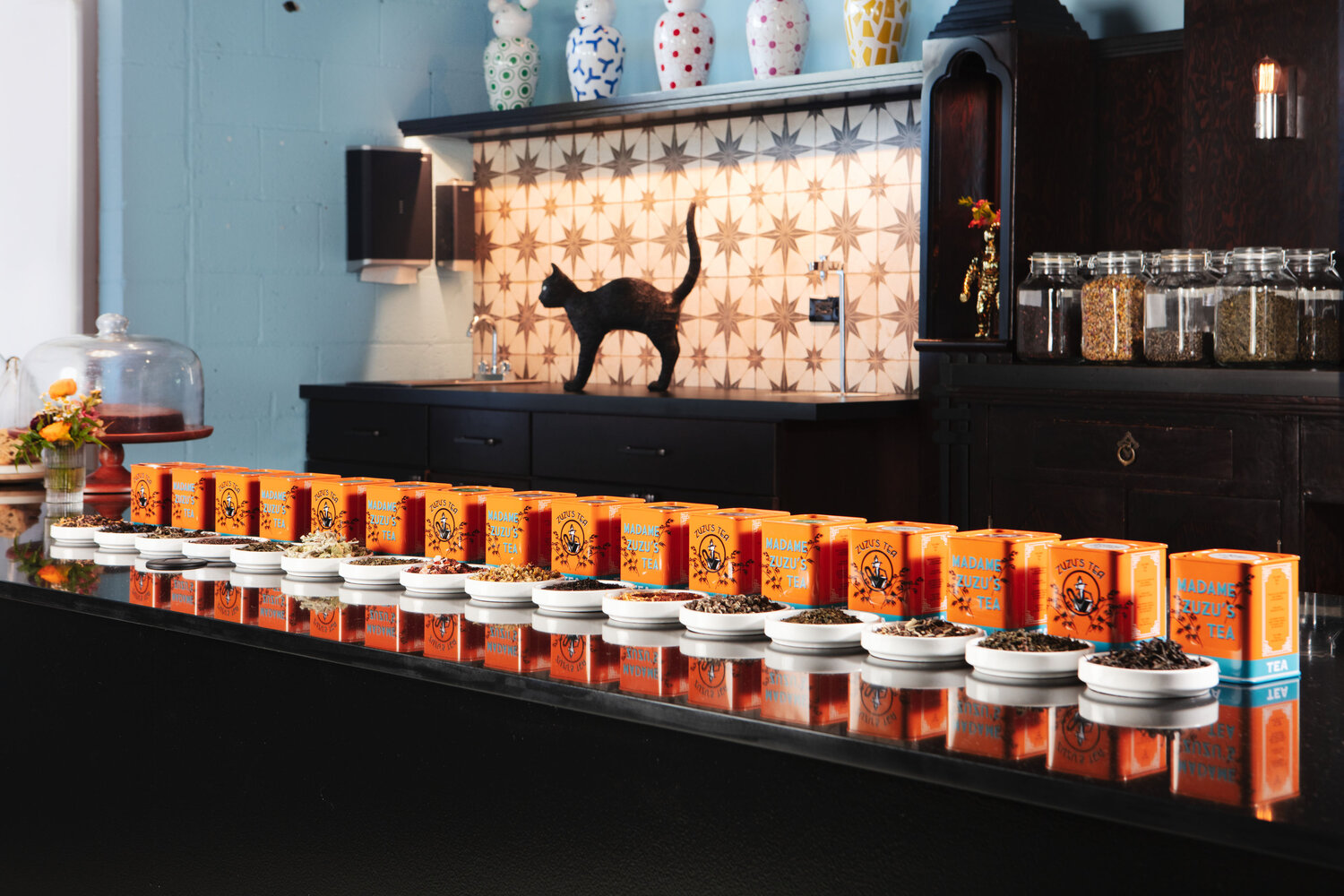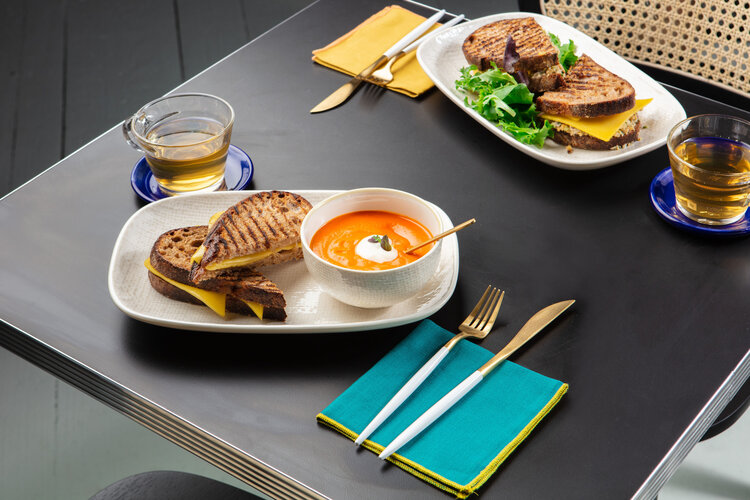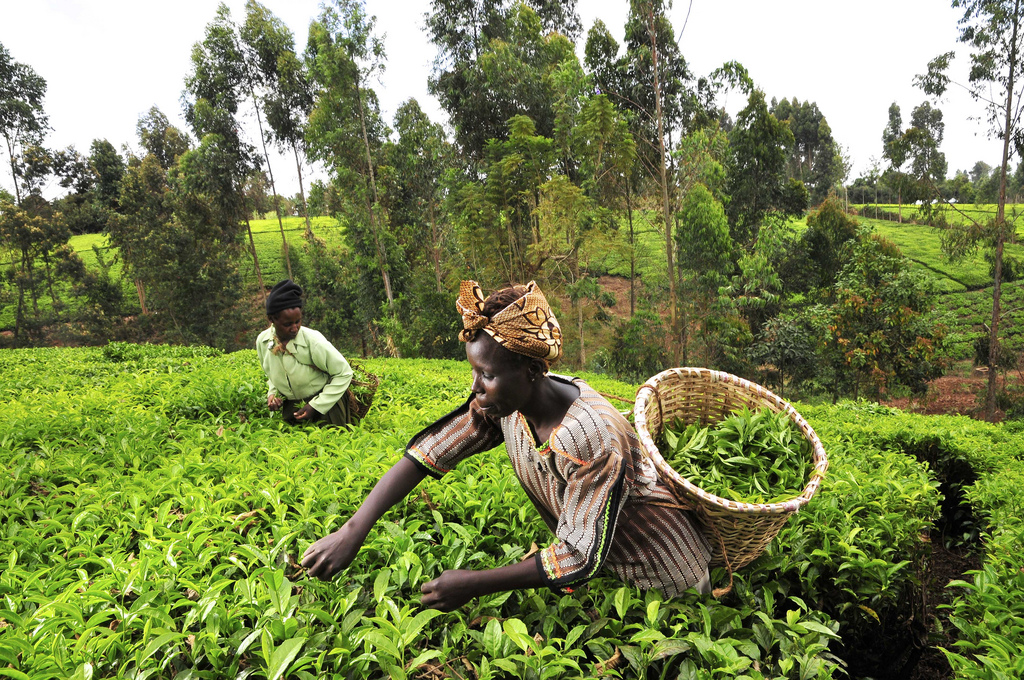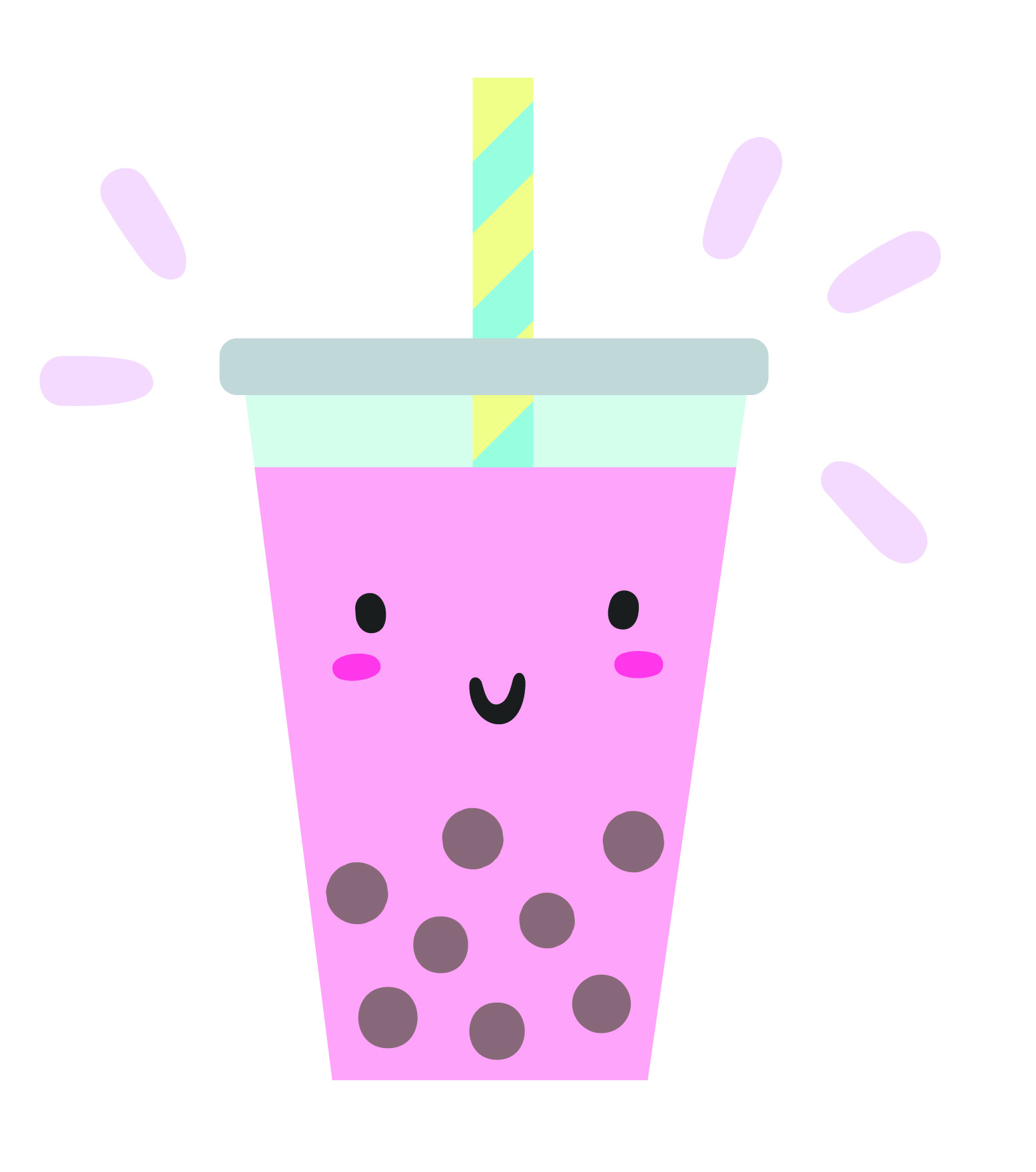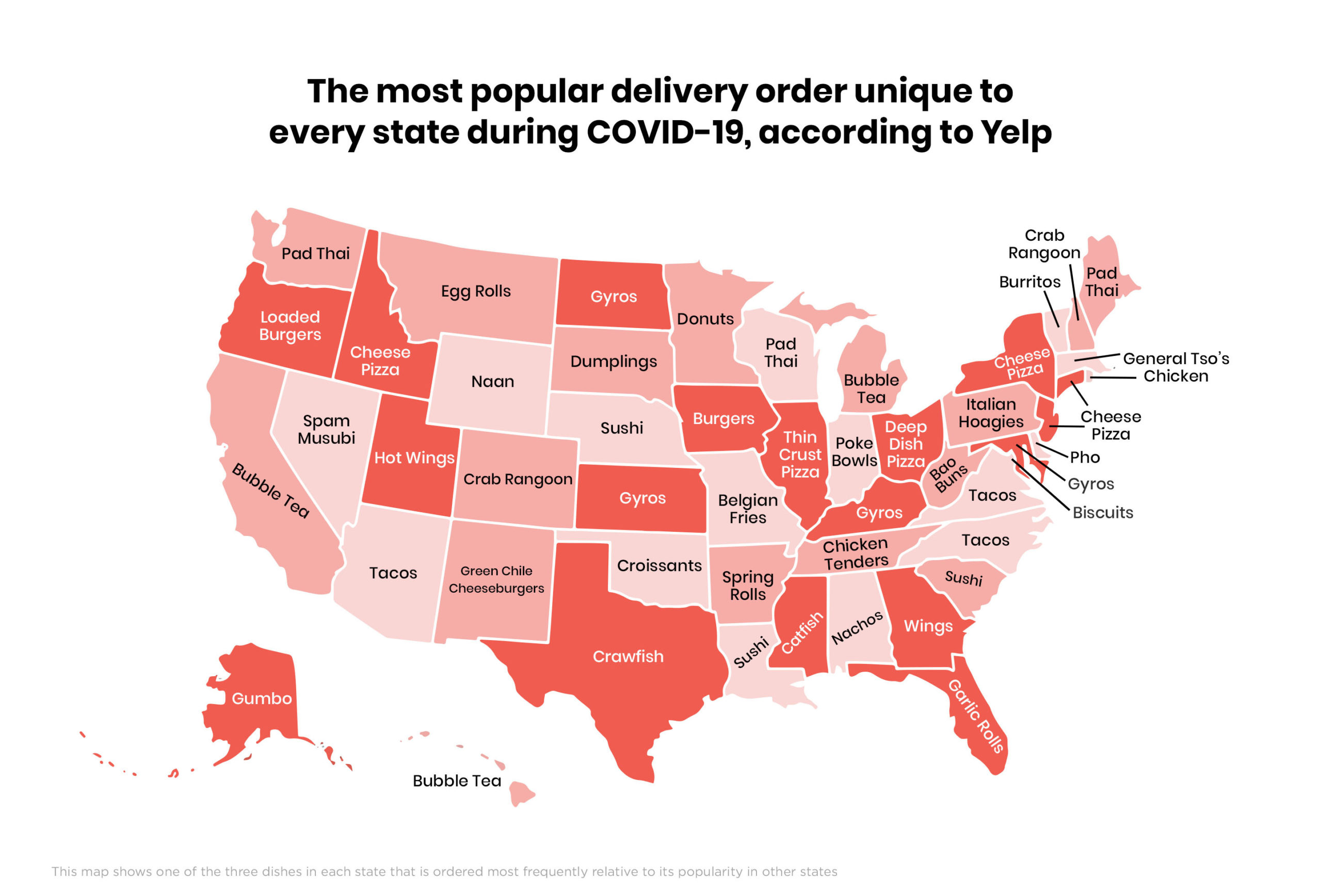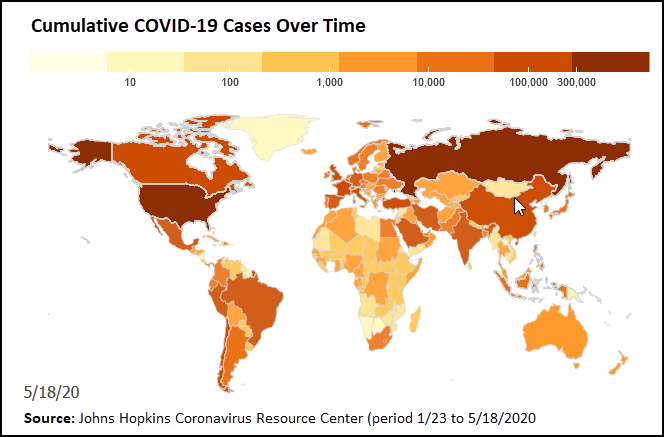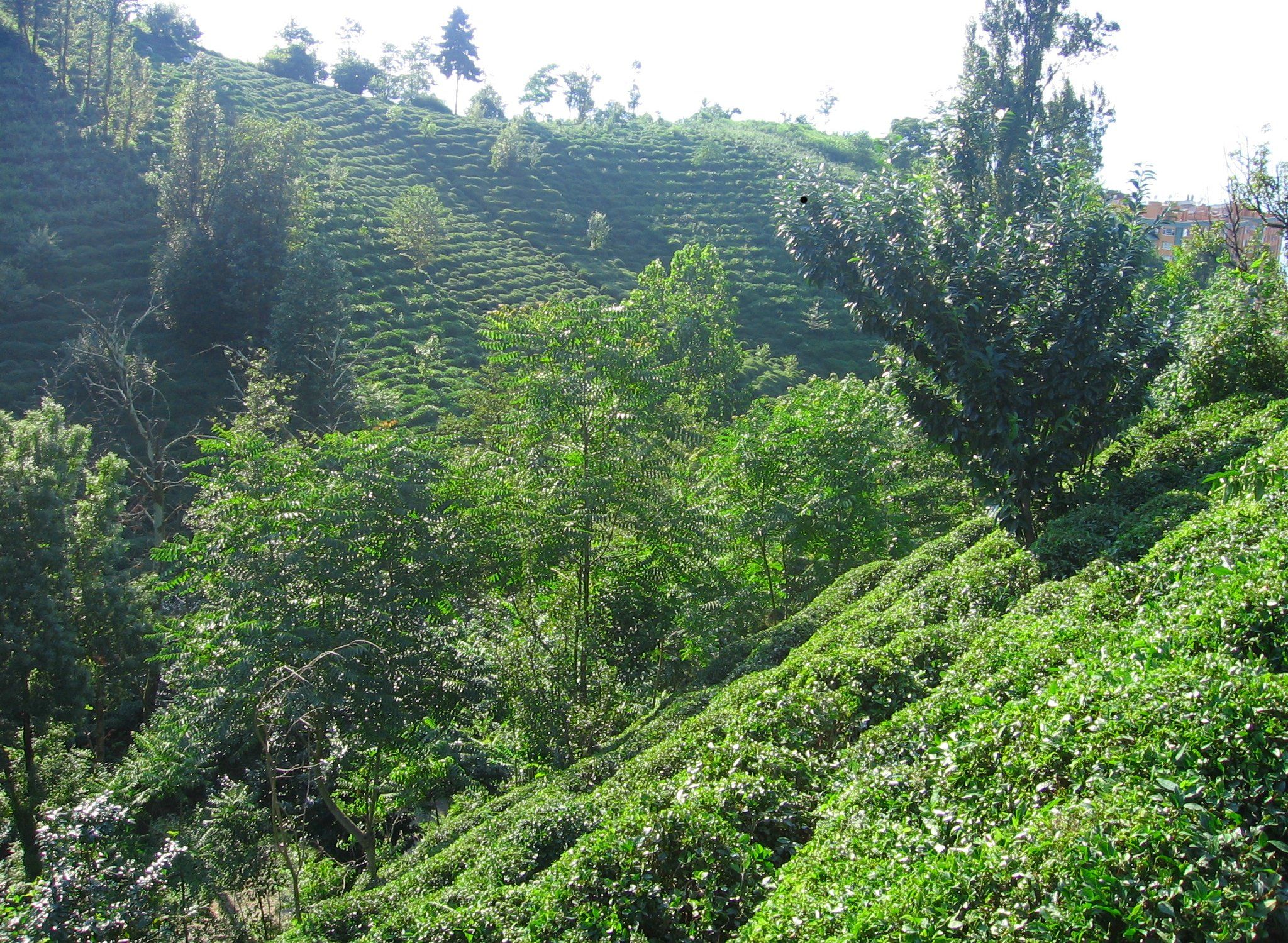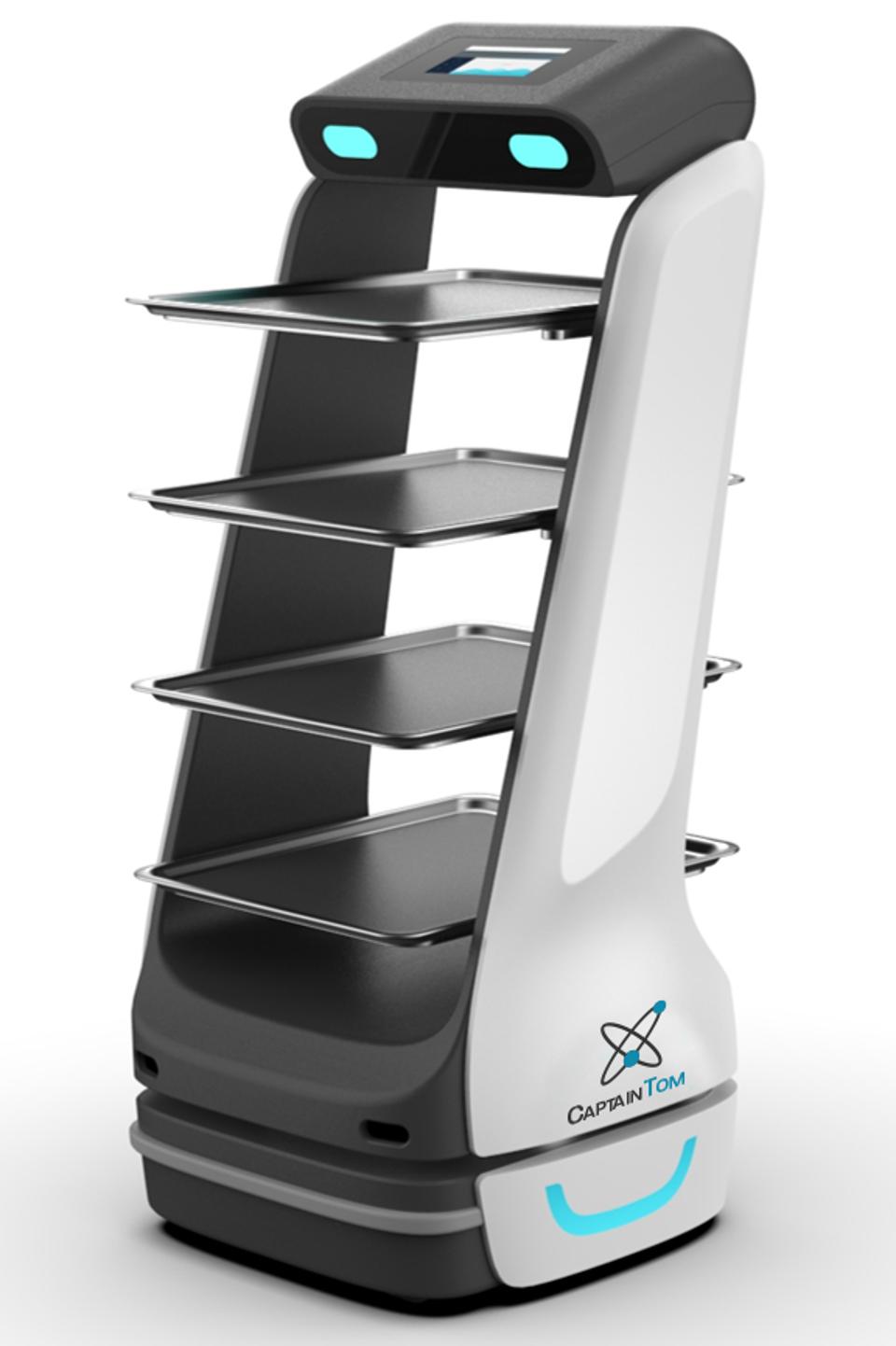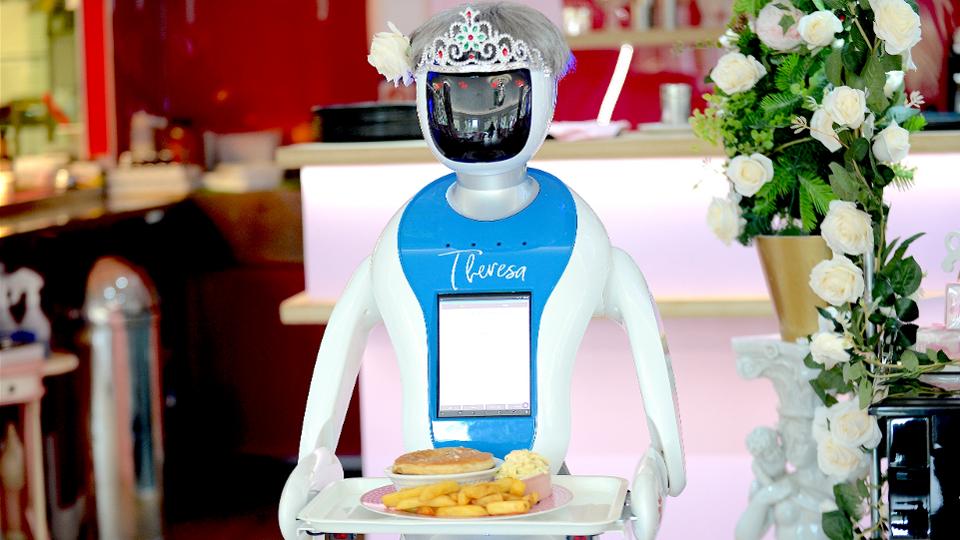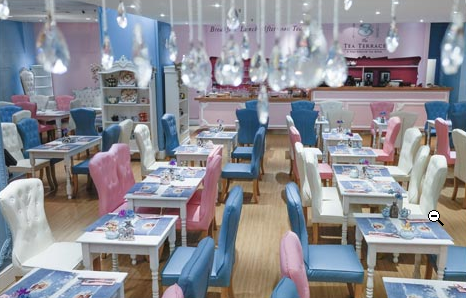
Many who consider themselves tea lovers are entirely in the dark about tea. They don’t know what they don’t know. When the time is right, or when chance interjects, tea companies can open someone’s mind to the world of loose leaf — a discovery that does not occur without thoughtful preparation.
In this post three tea merchants in British Columbia share their tips on persuading people to take the first step in their tea journey and switch to premium loose leaf.
Education and exposure
Few tea drinkers have held in their hand a fresh leaf from the Camellia sinensis plant. Up close, the living plant material reveals much about how the finished tea is processed in a particular way, resulting in green, white, black, or oolong teas.
At Aromatica Fine Teas, a flowering potted tea plant plays a crucial role in customer education. Sharing knowledge about tea is integral to converting people to try loose leaf, according to owners Karen Cayen and husband, Kim Self. Their shop is located in an 18-acre gardening center in Chilliwack, B.C. Brian Minter, a well-known master gardener, speaker, and syndicated columnist, gifted Cayen and Self with the Camellia sinensis five years ago.
People who visit Aromatica possess different levels of knowledge about tea, Cayen explains. Some are long-time loose-leaf drinkers who know their favorite grade and blend; others only know the finely ground machine-made CTC (cut, tear, curl) grades of tea found in Lipton teabags.

Frequently, people unfamiliar with tea wander into the shop while walking through the garden center. That’s where the “pet mascot” tea plant, affectionately named “Camellia,” comes in.
“We go over to the plant, and I say, this leaf will make green tea when processed in this fashion; this one can be made into a black tea; this would be used in making an oolong,” Cayen says.
Soon, the conversation shifts to the plucking method.
“I love to explain that in areas where tea’s not machine harvested—like Sri Lanka—it’s such a big part of the economy that it’s mandated that it must be hand-plucked,” Cayen says. “Would you rather have a tea leaf that was machine harvested or one that somebody plucked?”
Another way she reaches new audiences is through custom blends. She gives an example of a custom blend made for an American customer, used at a series of tea parties held to commemorate the 100th anniversary of women’s suffrage. The blend was an Earl Grey, flavored with raspberry, rose, sunflower, and an ingredient from the state.
“’Equali-tea’ was such a hit, (the client) bought what she thought she needed for two months after her event. And she’s had to reorder three times,” Cayen explains.
“How many of the women (who attended the tea parties) will wonder what other loose leaf teas there are?” Cayen wonders.
Exposure to premium loose-leaf, followed with an educational conversation, will frequently lead to a sale. Then, once someone’s tried the tea, the quality does the rest, Cayen says: “People start to understand what the difference is (between commercially ground tea and premium loose-leaf).”
Cayen has one more trick in converting customers to premium loose-leaf tea: caring about what you do.
“I just try to be there with passion,” she says. “It’s infectious.”
Your tea, your way
The right tea for the right person: That’s the guiding sales principle of Mark Mercier, co-owner with his wife, Deborah, of Granville Island Tea Company in Vancouver, B.C.
“We want you to find your tea and discover how to make it, how to prepare it, in the way that you like it,” says Mercier.

The idea of matching people with their perfect tea means that Mercier and the teashop staff spend a lot of time with customers, solving this puzzle: Which of their 220 teas is best suited to each person’s palate?
During more than 21 years in business, Mercier says they’ve learned to ask questions to put the consumer’s preferences at the forefront and help them feel at ease in the sometimes overwhelming world of premium loose-leaf teas.
“We aren’t allowed to ask, ‘do you like milk in your tea?’ Because people will think we’re judging them. We say, ‘do you have a preference? We have some teas that are better with milk, some that are better without milk,’” he explains.
With this approach, people are less likely to buy the most expensive tea just because they think it’s the best and should like it. He uses his favorite analogy to make his point: “If you’re not a fan of caviar, it doesn’t matter how good the caviar is, you’re not going to like it.”
Instead, customers are left with “their own taste and palate to dictate what they’re going to buy,” says Mercier, noting he’ll also develop custom blends for individual customers if that’s what it takes to find someone’s perfect tea.
Like Karen Cayen at Aromatica, Granville Island Tea staff educate people on loose-leaf tea and how it is made while they’re getting to know their customers’ preferences.
“We want to demystify tea,” says Mercier.
He notes that a customer who is seeing, for the first time, a display with 200 tins of tea will feel overwhelmed. “A lot of people don’t want to say (loose-leaf tea) is new to them,” he says, adding that Granville Island Tea strives not to present itself as being exclusive, fancy, or unattainable.
Mercier and his staff will frequently give customers free samples to try at home. The practice encourages customers to experiment in finding the tea that’s right for them.
“We’re trying to guide them along their journey of discovery,” says Mercier. It’s all part of “awakening people to tea.”
Building green habits
Isabelle Ranger of Ranger Teacrafters aligns her company’s ethos with the green movement. And that ethos is what attracts new customers to her loose-leaf teas.
Ranger, an herbalist, gathers botanicals around the unceded Coast Salish territories of Whistler, Pemberton, and Squamish, using them to craft tisanes and blends with imported teas. Her products are sold to wholesale clients, including some green groceries and zero-waste shops, and through an online store to people across North America.
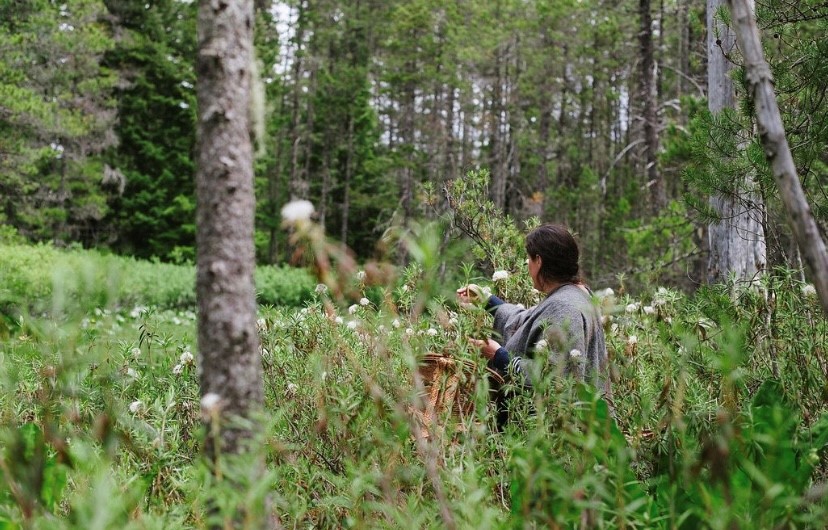
“There’s nothing greener than a loose-leaf tea with a beautiful stainless steel strainer or some type of teapot that filters,” she says. Teabags, she adds, create single-use waste; plus, some release synthetic particles into the tea.
Most people want to go green for their health and the environment, Ranger explains. “In their hearts, they want to do it, but there’s a feeling of being overwhelmed.”
To help ease people into greener tea-drinking, Ranger makes switching to loose-leaf as straightforward as possible. She emphasizes to her customers that loose leaf doesn’t need to be complicated; the gear can be simple: a simple tea strainer and teapot or a mug with a built-in filter.
“Once you get around to (making loose-leaf tea) regularly, it becomes a new habit,” she says.
Though COVID-19 has put a dent in Canada’s green movement, Ranger says her loose-leaf tea sales have been growing, likely because more shops are selling Ranger Tea in bulk.
“We’re building a culture around zero waste and the quality of loose-leaf,” she says. “We can build good habits around loose-leaf tea that are greener.”
Subscribe and receive Tea Biz weekly in your inbox.

